As an entrepreneur in London, staying ahead of tax obligations is essential for your business’s success. Navigating the complex tax landscape can be daunting, but with effective tax planning, you can save money and ensure compliance. In this guide, we’ll cover tax planning tips for London entrepreneurs in 2024, addressing common pain points and offering actionable steps to help you manage your taxes efficiently.
1. Understanding Your Tax Obligations
The first step in effective tax planning is understanding your tax obligations. In the UK, businesses must navigate various taxes, including VAT, corporation tax, and income tax.
Key Points:
- VAT Registration: If your business’s taxable turnover exceeds £85,000, you must register for VAT. Even if your turnover is below this threshold, voluntary registration might benefit you by reclaiming VAT on business expenses.
- Corporation Tax: All limited companies must pay corporation tax on their profits. The current rate is 19%, but it’s set to change in April 2024. Stay updated on any changes to avoid surprises.
- Self-Assessment: Sole traders and partners in a business partnership need to complete a self-assessment tax return annually. Keeping accurate records throughout the year can make this process smoother.
For detailed information on VAT registration, visit the HMRC VAT guide.
2. Keeping Accurate Records
Accurate record-keeping is crucial for tax planning. It ensures you can claim all eligible deductions and comply with HMRC requirements.
Key Points:
- Receipts and Invoices: Keep all receipts and invoices related to business expenses. This documentation is vital for claiming deductions and avoiding penalties.
- Accounting Software: Use accounting software to track income and expenses. Tools like QuickBooks, Xero, and Sage simplify record-keeping and help you stay organised.
- Regular Updates: Update your records regularly. Waiting until the end of the tax year can lead to errors and missed deductions.
Explore QuickBooks for user-friendly accounting software designed for small businesses.
3. Maximising Deductions
One of the best ways to reduce your tax liability is by maximising deductions. Knowing what you can and cannot deduct is crucial.
Key Points:
- Business Expenses: Common deductible expenses include office supplies, travel costs, and marketing expenses. Ensure these are necessary and wholly for business use.
- Capital Allowances: You can claim capital allowances on assets like machinery, vehicles, and equipment. This allows you to deduct a portion of the asset’s cost over several years.
- Research and Development (R&D): If your business engages in innovative projects, you might be eligible for R&D tax credits. This can significantly reduce your tax bill.
Learn more about R&D tax credits on the GOV.UK R&D tax relief guide.
4. Efficient Tax Payment Strategies
Efficiently managing tax payments helps avoid penalties and ensures you maintain healthy cash flow throughout the year.
Key Points:
- Payment Plans: HMRC offers payment plans for businesses struggling to pay their tax bill. Arranging a plan can prevent financial strain and avoid penalties.
- Set Aside Funds: Regularly set aside money for your tax bill. Opening a separate savings account for taxes can help ensure you have the funds when needed.
- Estimated Payments: For self-employed individuals, making estimated tax payments quarterly can prevent a large tax bill at the end of the year.
5. Taking Advantage of Tax Reliefs
Numerous tax reliefs are available to UK businesses. Understanding and utilising these can significantly reduce your tax burden.
Key Points:
- Annual Investment Allowance (AIA): AIA allows businesses to deduct the full value of qualifying assets up to a certain amount. In 2024, the limit is £1 million.
- Entrepreneurs’ Relief: This relief can reduce the amount of Capital Gains Tax you pay when you sell your business. It’s essential to meet specific criteria to qualify.
- Small Business Rate Relief: If your business property’s rateable value is below a certain threshold, you might be eligible for rate relief, reducing your business rates.
Find out more about the Annual Investment Allowance on GOV.UK.
6. Planning for Retirement
Retirement planning is often overlooked in tax planning but can provide significant tax advantages.
Key Points:
- Pension Contributions: Contributions to a pension scheme are tax-deductible. This reduces your taxable income while building your retirement fund.
- Employer Contributions: If you’re a limited company, consider making employer contributions to your pension. This is a tax-efficient way to save for retirement and reduce your corporation tax liability.
- Personal Pensions: For sole traders, personal pension contributions can also provide tax relief.
7. Seeking Professional Advice
Tax planning can be complex, and professional advice can be invaluable. Our accountants and tax advisors can provide personalised guidance and help you optimise your tax strategy.
Key Points:
- Expertise: A professional understands the intricacies of tax laws and can identify opportunities for savings that you might miss.
- Compliance: Ensuring compliance with all tax regulations can prevent costly penalties and audits.
- Peace of Mind: Working with a professional can give you peace of mind, knowing your tax affairs are in order and optimised for your business’s benefit.
We-re here for you, simply reach out to us for expert tax planning advice tailored to your London-based business.
Book your free consultation by clicking here.
8. Staying Updated on Tax Changes
Tax laws and regulations frequently change. Staying informed about these changes is crucial for effective tax planning.
Key Points:
- Regular Updates: Subscribe to tax news and updates from reliable sources like HMRC and professional accounting bodies.
- Training and Seminars: Attend tax planning seminars and training sessions to stay informed about new laws and best practices.
- Professional Network: Build a network of professionals who can provide insights and updates on tax changes relevant to your business.
Conclusion
Effective tax planning is essential for the success and sustainability of your London-based business. By understanding your tax obligations, keeping accurate records, maximising deductions, managing tax payments efficiently, taking advantage of tax reliefs, planning for retirement, seeking professional advice, and staying updated on tax changes, you can optimise your tax strategy and focus on growing your business. At Adroit, we’re here to help you navigate the complexities of tax planning. Contact us today to learn more about how we can support your business in 2024 and beyond.
Click here to book your free consultation now.

